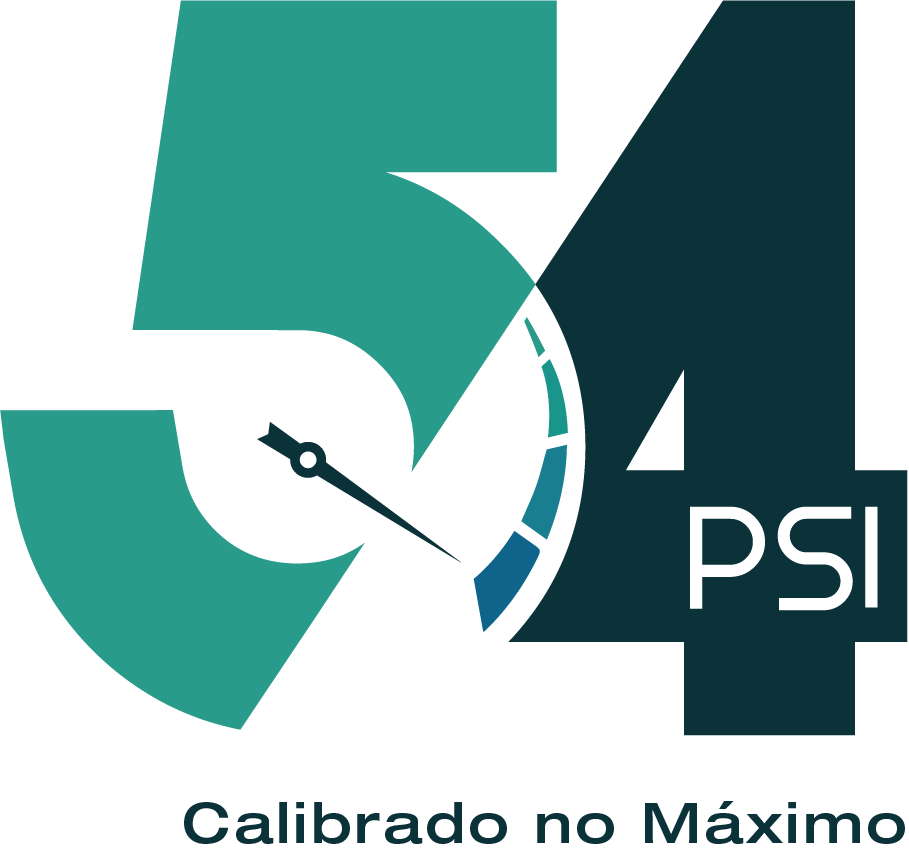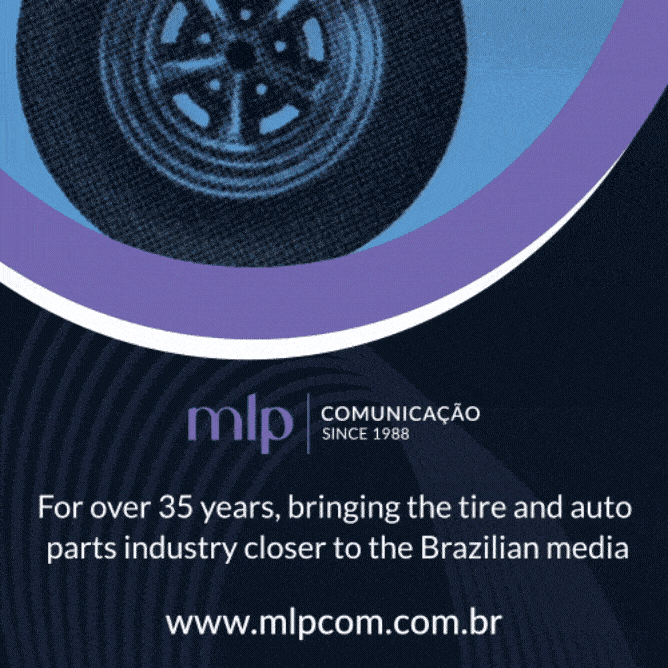Brazilian automotive programs for efficiency improvement: a quick overview on INOVAR Auto and the expectation on Rota2030
A quick overview on INOVAR Auto and the expectation on Rota2030.
por Redação 54PSI em 18/12/2020 - Atualizado em 18/12/2020
The INOVAR Auto had as main objective to put some pressure on automakers installed in Brazil to development of more efficient cars, applying the latest available technologies looking for lower CO2 emission rates, giving in return fee and taxes exemption. As any other government policy, we saw both positive and negative points.
On the positive side, according to the Brazilian Ministry of Industry, Foreign Trade and Services (MDIC), the level of CO2 emissions was reduced by 15.46%, and there were significant investments by the automakers, which some of them built new plants in the country. As result, both production and employment indicators were improved as well and it’s estimated that were applied around 85 billion reais in investments, which approximately 15 billion only for Research and Development (R&D).
Conversely, a protectionist ballast derived from the excessive taxation over imported vehicles was created and this resulted in sanctions imposed by the World Trade Organization (WTO). Also, the chosen method for calculating and controlling of new levels of energy efficiency was obscure and very complicated, there was no relevant improvement in the Brazil’s competitiveness levels in relation to other mature markets and the supplier’s chain was not added in the program.
The INOVAR Auto total cost is estimated to around 4 billion reais, a high price for a non-strategic policy, once it was limited to a short period, from 2013 until 2017, and without perspective about “what’s the next”.
After a lot of discussions and several delays, the Rota2030 Program was created to conducting our automotive industry to the same level of other more developed automotive markets in order to avoid that the Brazilian fleet were composed only by vehicles that not achieve both technical and legislative regulations from other countries, which would irrevocably compromise the Brazil export capacity.
This program decreed the end of tax reduction era because the recipe chosen now avoiding taxes incentives. In addition, it’s improving the predictability of the legislation making it valid for 10 years (2020-2030), keeping exigencies related to R&D investments as well as a mandatory reduction of CO2 emissions and it’s challenging all automakers installed in Brazil to continue investing in the development of new technologies and innovation as well.
Despite the Rota2030 Program includes now the supplier’s chains in its scope, there is no policies related to the promotion of hybrid and electric cars nor any other electrification way, including new propulsion technologies such the hydrogen or green fuels.
Brazil remains one of the most complex countries in the world. While we have huge economic challenges and a recurring political instability, we have a high growth potential to support increments in vehicle sales on a sustainable way when we are seeing a tendency for stagnation of markets such as the European and the American.
However, recurrent delays to improving our infrastructure and no mention about the mobility challenges in Programs such as Rota2030 and PNE2030 (National Electric Plan 2030) can create additional difficulties to achieving the objectives for these and other public policies. Other negative impact is an involuntary contribution that can result in a Brazilian market completely out of alignment with the reality from the countries were vehicle platforms are created, causing both structural and application difficulties as we already are seeing with run-flat tire, fully electric vehicles and other advanced technologies.
Carlos Barcha is a tire specialist with 20 years of experience in the automotive sector, founder and CEO of The Consulting Business Solutions and Technical Manager for Michelin South America. Opinions and information expressed here are personal and do not necessarily reflect the positioning of these companies.









